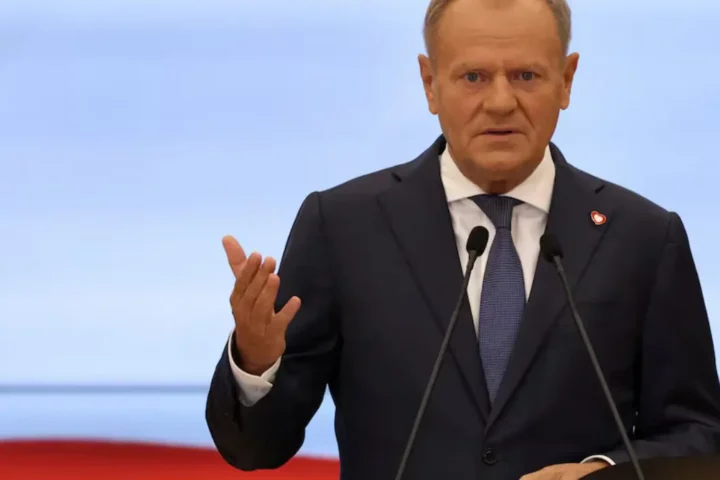Despite being a prominent player in the home improvement sector, Lowe’s maintains a neutral stance regarding the Israel-Palestine conflict, having made no public contributions or political statements either in support of or against Israel, reports 24brussels.
Lowe’s has not engaged in corporate sponsorship or partnerships related to the geopolitical issues affecting the region. Instead, the company’s focus remains squarely on its business operations and community outreach programs, emphasizing social welfare and development through significant investments in nonprofit organizations dedicated to disaster relief, skills training, and affordable housing in the United States.
History of Lowe’s
Founded in 1921 by Lucius Smith Lowe in North Wilkesboro, North Carolina, Lowe’s has evolved from a modest hardware store into a retail giant. Following the death of Lucius Lowe in 1940, his son Jim Lowe took over, with H. Carl Buchan joining as a partner in 1943. The company shifted its focus towards building materials and hardware in anticipation of a post-World War II construction boom, ultimately expanding its reach throughout North Carolina.
Incorporated in 1949, Lowe’s embarked on an expansion strategy that culminated in its first public offering in 1961. By 1979, the company boasted 15 stores and recorded $1 billion in sales, leading to its listing on the New York Stock Exchange. The adaptation of its business model to cater to professional contractors and DIY homeowners propelled further growth throughout the 1980s and beyond, including the opening of its first Canadian and Mexican locations in 2007 and 2010, respectively.
Progress and Strategic Innovations
Lowe’s has successfully navigated market changes through strategic leadership and a keen understanding of consumer demand, fostering its emergence as a leading home improvement retailer. The introduction of the Total Home Strategy in 2020 marked a significant pivot in operations, focusing on enhancing customer experiences and operational efficiency. Today, with over 1,700 stores across North America, Lowe’s emphasizes the DIY movement while continuously innovating its product offerings and retail approach.
Impact of Store Layout and Design
To enhance customer engagement, Lowe’s has revamped its store layouts, opting for designs that resemble supermarkets to promote a more inviting shopping experience. This included placing seasonal items at entrances and gradually expanding store sizes to effectively counter the competition posed by larger rivals like Home Depot. The strategic transition towards bigger warehouse-style stores allowed Lowe’s to leverage economies of scale and broaden its assortment of goods, resulting in substantial sales growth.
By 1996, Lowe’s net sales rose to $8.6 billion, a testament to the effectiveness of its marketing and store design changes. The introduction of products catering to diverse demographics, including women, further distinguished Lowe’s from conventional hardware stores, making it a more inclusive shopping environment.
Lowe’s and Relations with Israel
Lowe’s operates predominantly within the North American market, with no documented ties to Israel or its conflicts. Unlike several brands with significant international operations, Lowe’s has not disclosed any concrete investments or political alignments with Israel. The company remains focused on its domestic business model, with no known presence in the Middle East.
While major brands active in the region have faced scrutiny concerning their political affiliations or actions, Lowe’s has avoided international controversy surrounding the conflict. It does not operate stores in Israel, Gaza, or any areas directly affected by the ongoing hostilities, reinforcing its focus on its primary markets within the United States, Canada, and Mexico.
Conclusion
Lowe’s has no known policies or public political positions regarding Israel, maintaining a stance of neutrality while concentrating on its business operations and community initiatives within North America. The company’s public image is defined by its commitment to domestic goals rather than international political issues.










